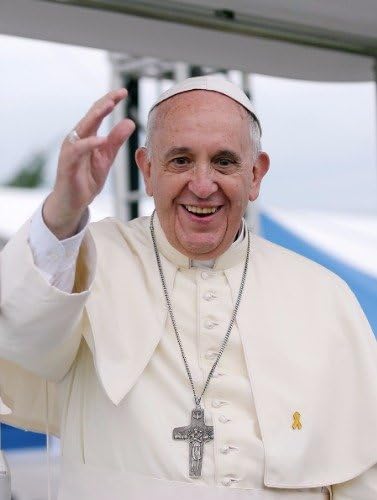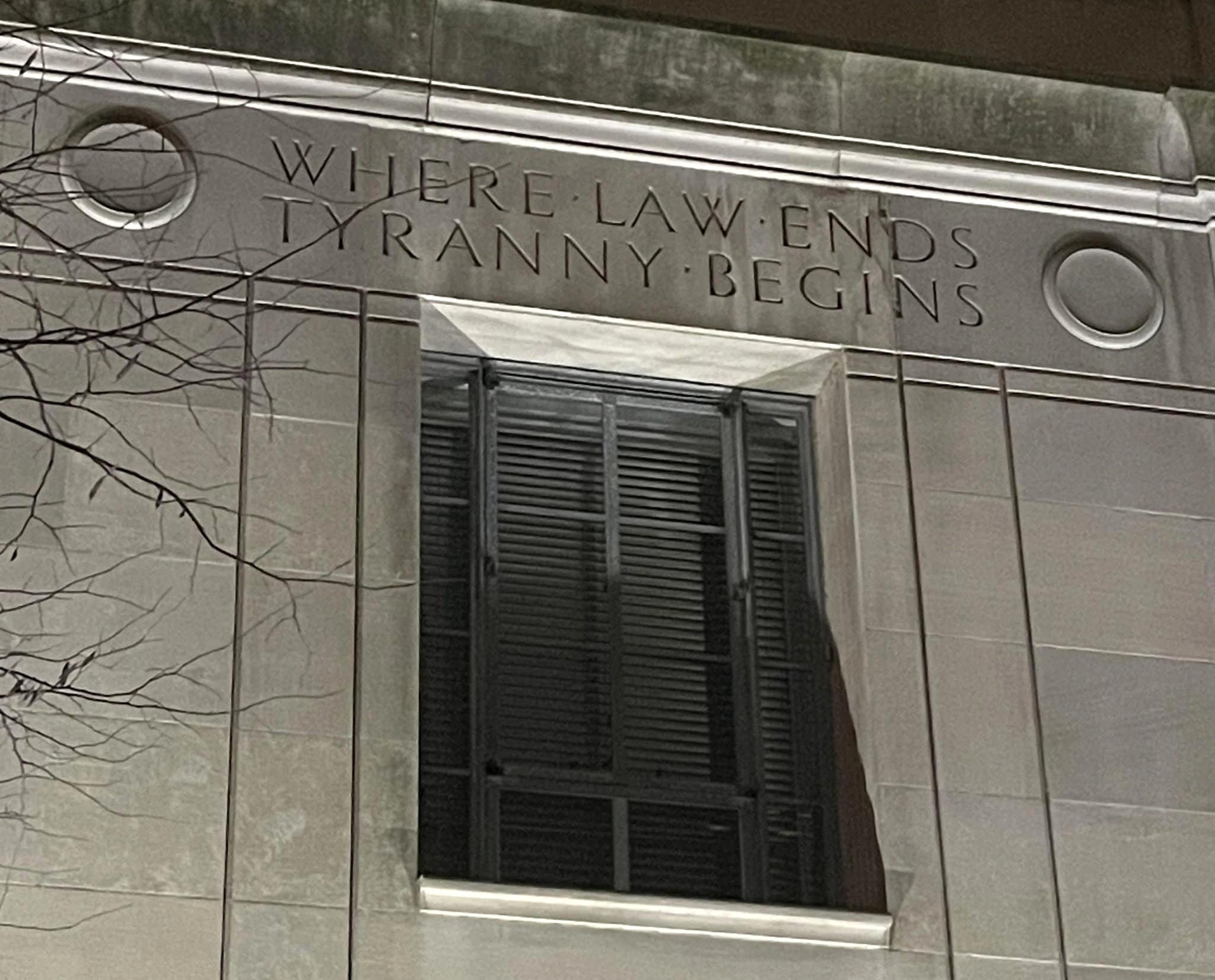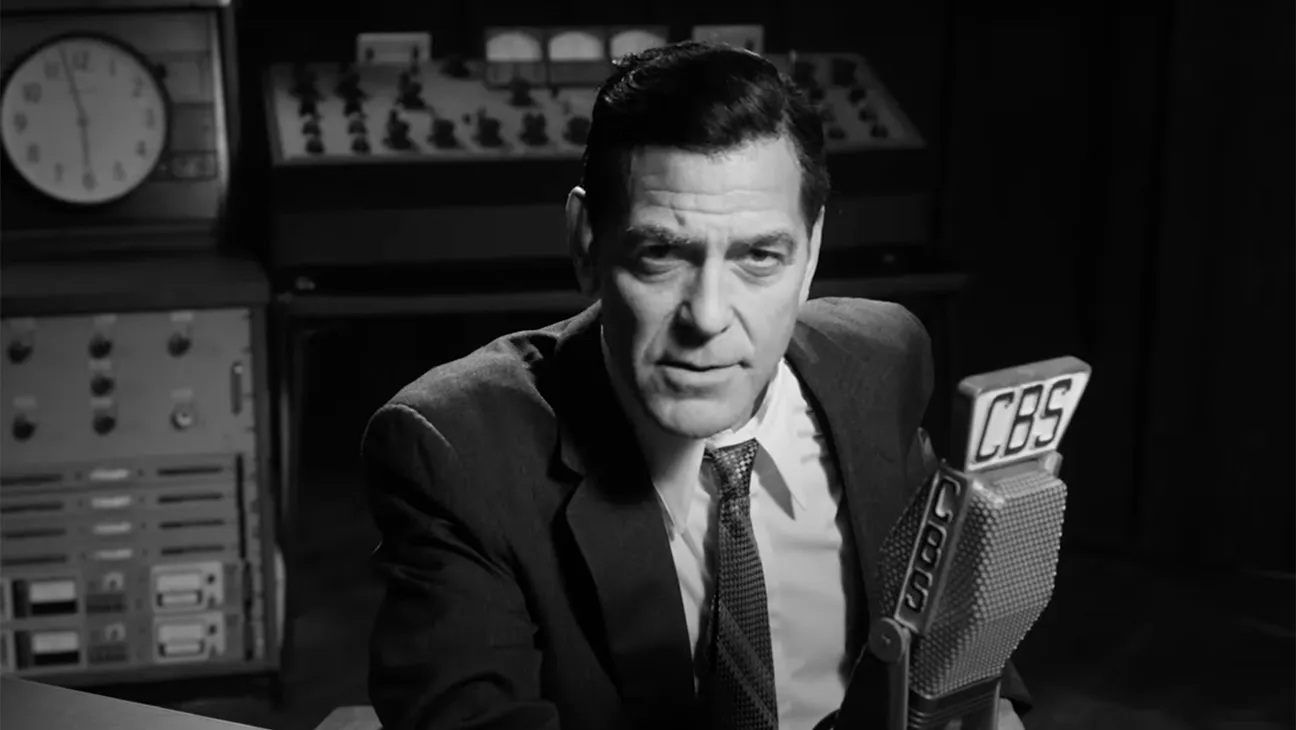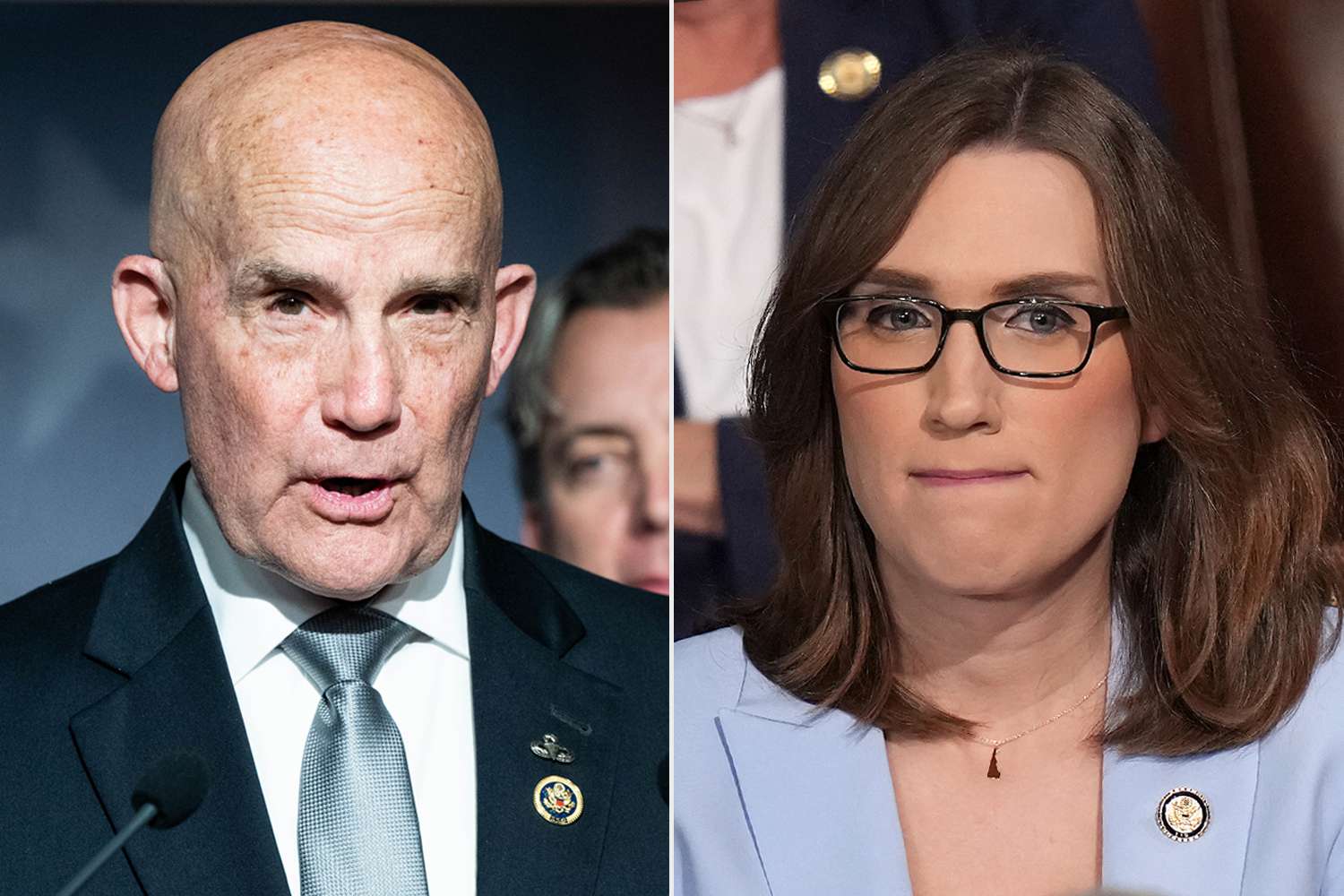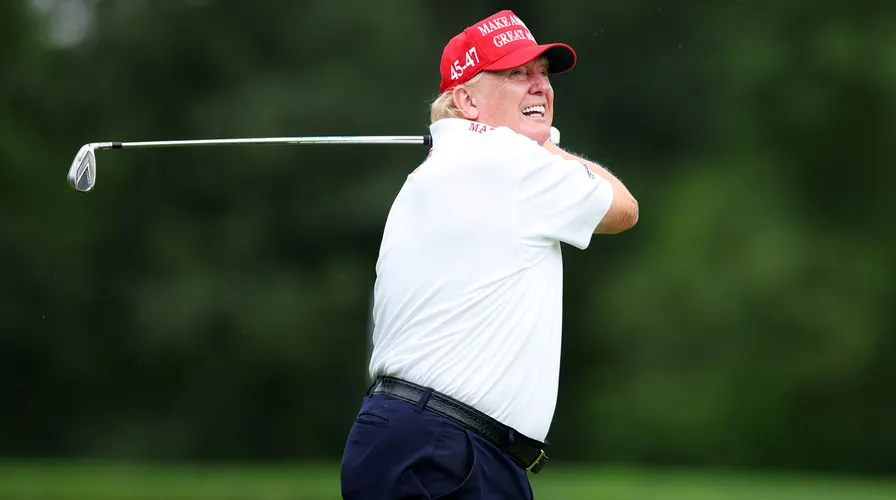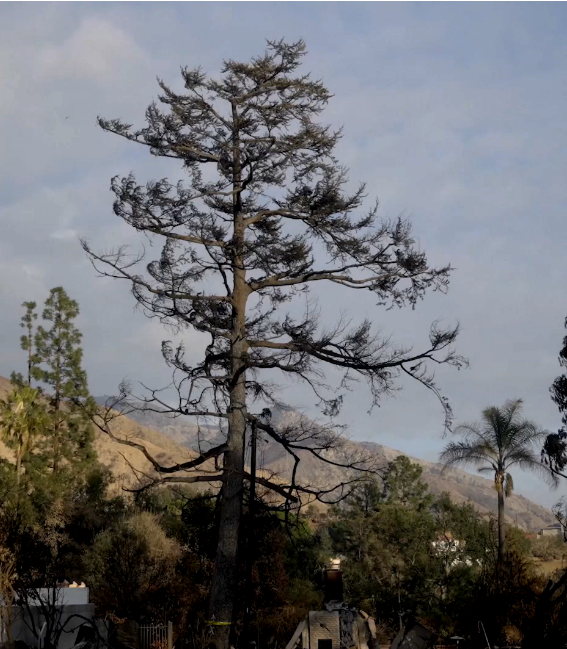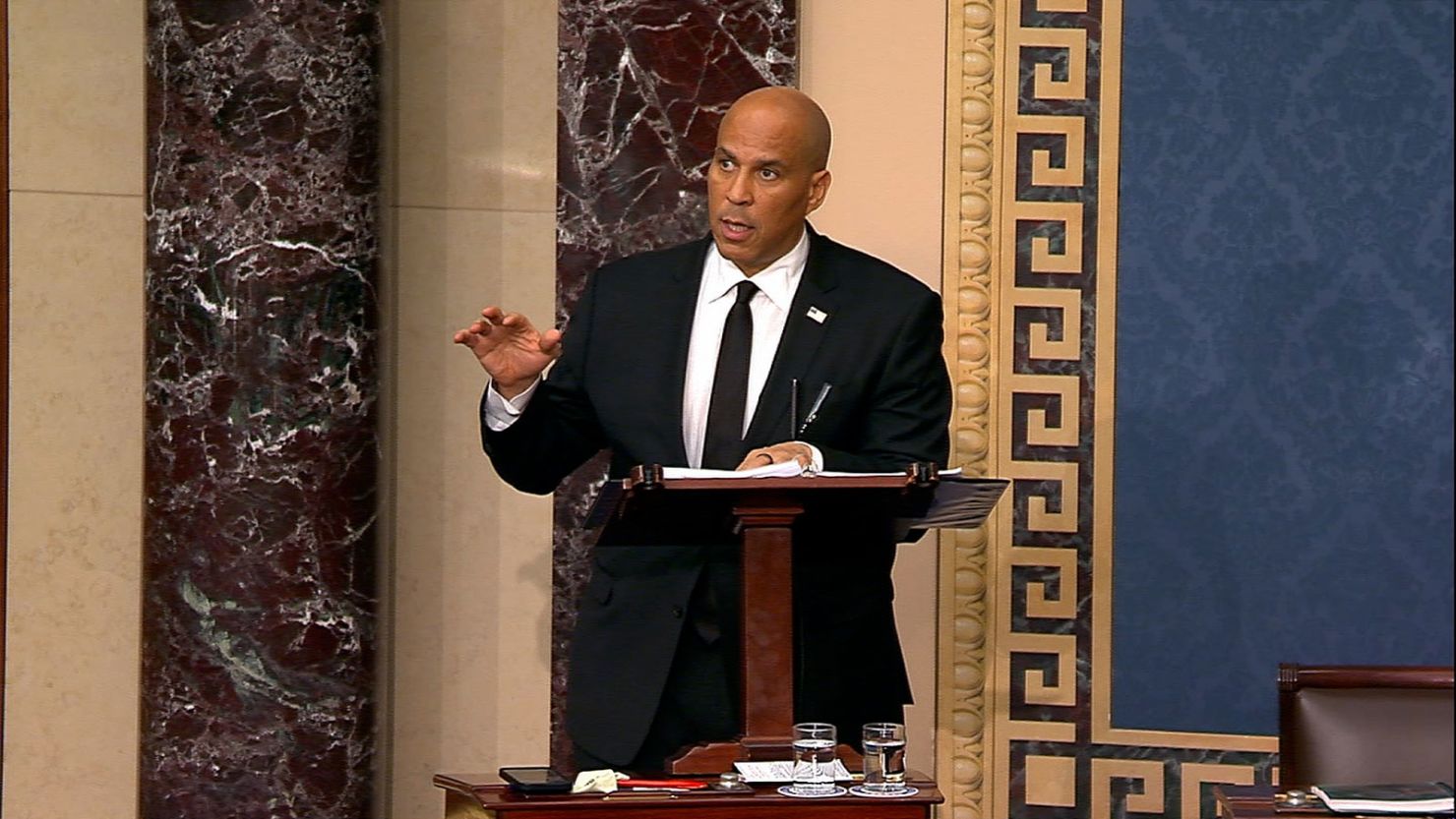The Juan Williams matter brings up a topic that’s important to explore – the role of an ombudsman.
Alicia Shepard is NPR’s Ombudsman, and according to her bio, “Shepard was appointed… in October 2007. In 2000, NPR was the first U.S. broadcast news organization to create an Ombudsman position.
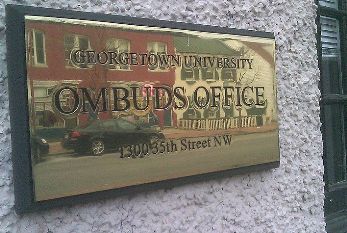
“In this role,” NPR writes “Shepard serves as the public’s representative, and is responsible for bringing transparency to journalism decision-making processes. She responds to queries and comments from listeners, writes a blog, appears on NPRprograms to discuss listener concerns, and provides guidance on journalism practices to NPR member stations. She sees her job as explaining NPR to listeners, and listeners to NPR.”
But here’s the interesting part: “She also teaches a graduate-level course in Media Ethics at Georgetown University.”
For any organization to sustain its credibility, the role of Ombudsman should involve the resolution of disputes particularly when it comes to ethics-related issues like the Williams matter.
In the recommendations section of the talks I’ve given to organizations and corporations, I always stress the need for anEthics Ombudsman, an individual with a direct link to the CEO or Board of Directors who can not only assist in the process of understanding what the ethical standards of the organization are but how they should be implemented.
What’s interesting in the Williams case is that the organization not only had a clear cut code of conduct but an Ombudsman with a background in media ethics. In her blog posting (Oct. 21), Shepard writes that, “This was far from an isolated incident. Williams’ appearances on Fox News, especially O’Reilly’s show, have caused heartburn repeatedly for NPRover the last few years. Management said he’s been warned several times that O’Reilly is a professional provocateur and to be careful.
“Thursday, NPR said Williams’ remarks ‘were inconsistent with our editorial standards and practices, and undermined his credibility as a news analyst with NPR.’”
Certainly, Shepard does a good job of explaining the incident to its listeners. What follows, however is disappointing.
“I’m not privy to why this announcement was so hastily made.NPR could have waited until his contract ran out, or possibly suspended him pending a review. Either way, a more deliberative approach might have enabled NPR to avoid what has turned into a public relations nightmare.
“Even though NPR handled this situation badly,” Shepard adds, “the fact remains that NPR must uphold its journalistic standards, which, after all, provide the basis that earned public radio’s reputation for quality.”
Shepard not only suggests that she was not consulted on the Williams matter, but that the decision was made without much deliberation, and that there were other options available. To make a decision on firing a respected public figure like Juan Williams without using all the resources within your own organization is careless and shortsighted.
In speaking with former Johnson & Johnson CEO James Burke on the 1982 removal of all Tylenol products after several tainted bottles were discovered in the Chicago area, Burke stressed the importance of having input from a variety of sources in his decision-making.
“There was a lot of backlash from stockholders, but the way I managed Johnson & Johnson was consistent with the way I managed the crisis. I always encouraged people to fight back and to argue. I used to call it ‘creative conflict’ – that the more you allowed people to argue out issues, particularly complicated ones, the more creative the group would become because new ideas came forward that wouldn’t have come forward without it.”
NPR makes the point that it “was the first U.S. broadcast news organization to create an Ombudsman position,” then turns around and fails to make use of an individual who not only could help resolve the conflict but has a background in ethics.
“I think that the world is searching for trust in all of their institutions,” Burke told me in an interview. “I think those that perform the best and continue to perform the best over time, whether they’re a parent – a family’s an institution as well – or a teacher, or whether they’re a business, I think we’re all guided by a desire to trust those that we’re working with.”
While I still believe NPR made the right decision in firing Juan Williams, they need to take a closer look at the process of that decision and allow their Ombudsman to contribute in future deliberations to rebuild the trust that was lost between the organization and many of its listeners.
Comments
